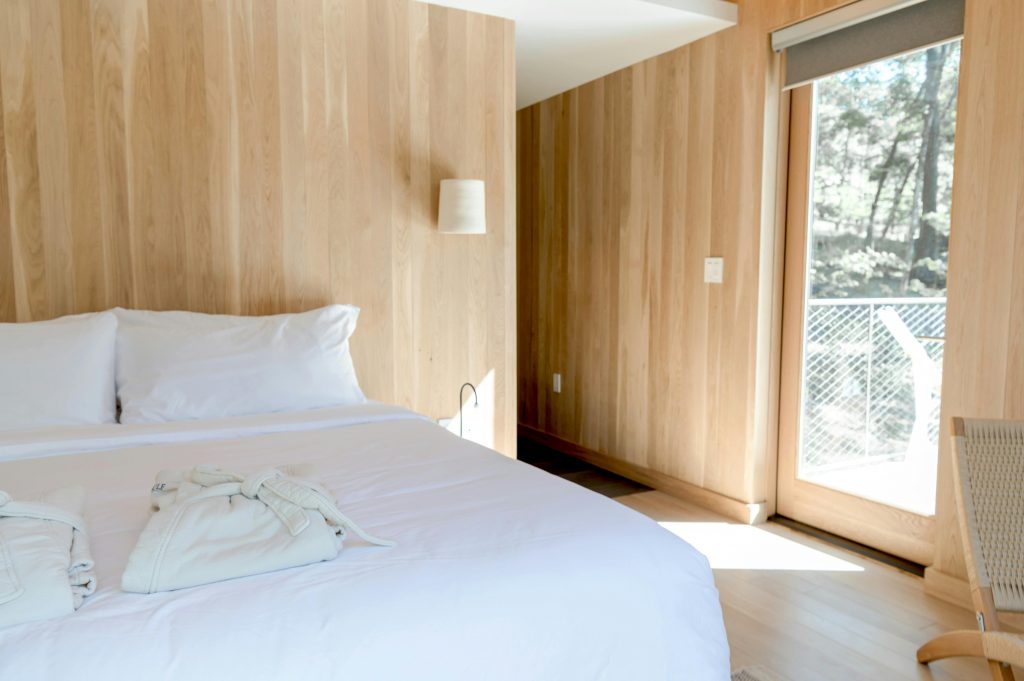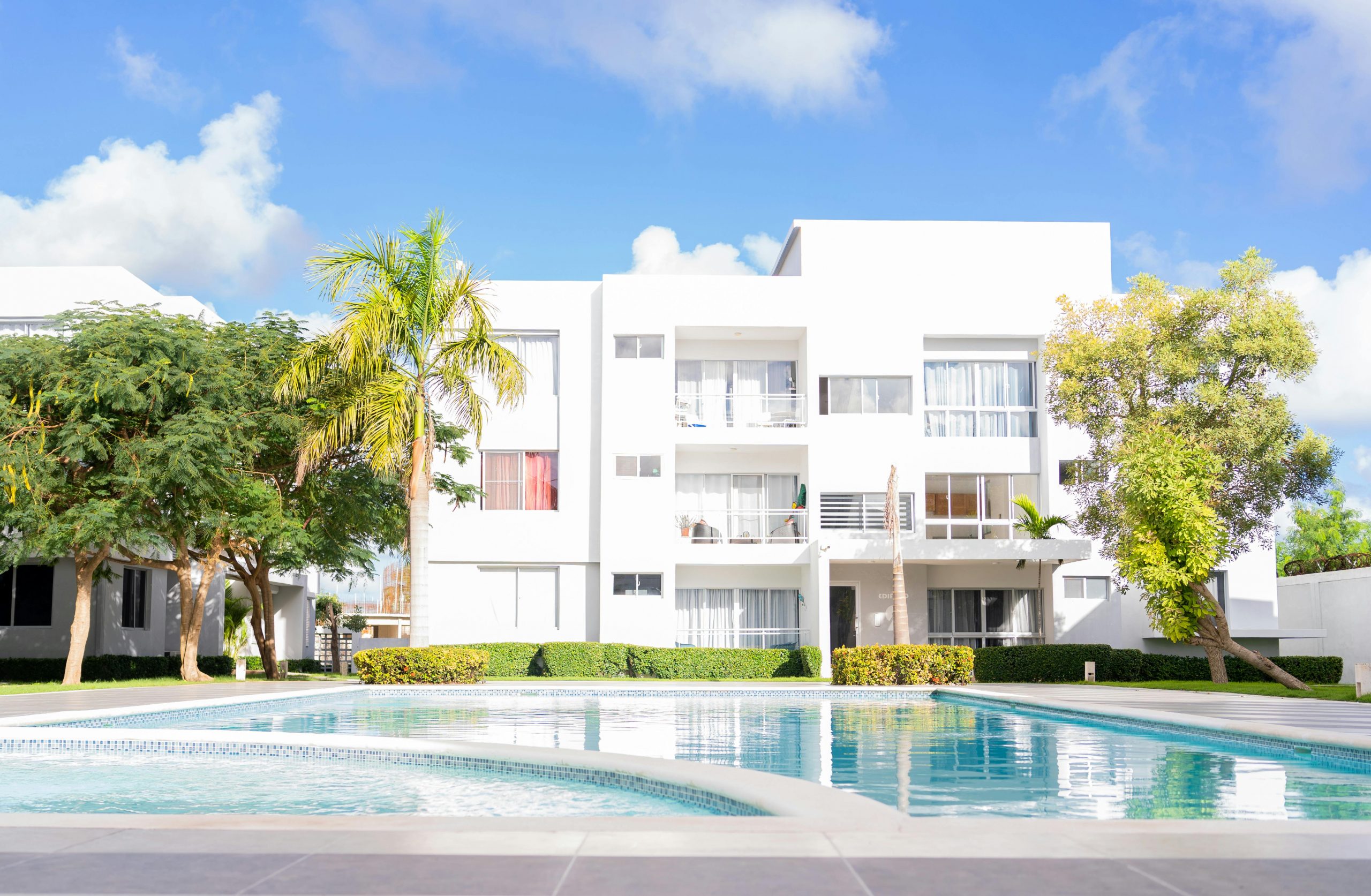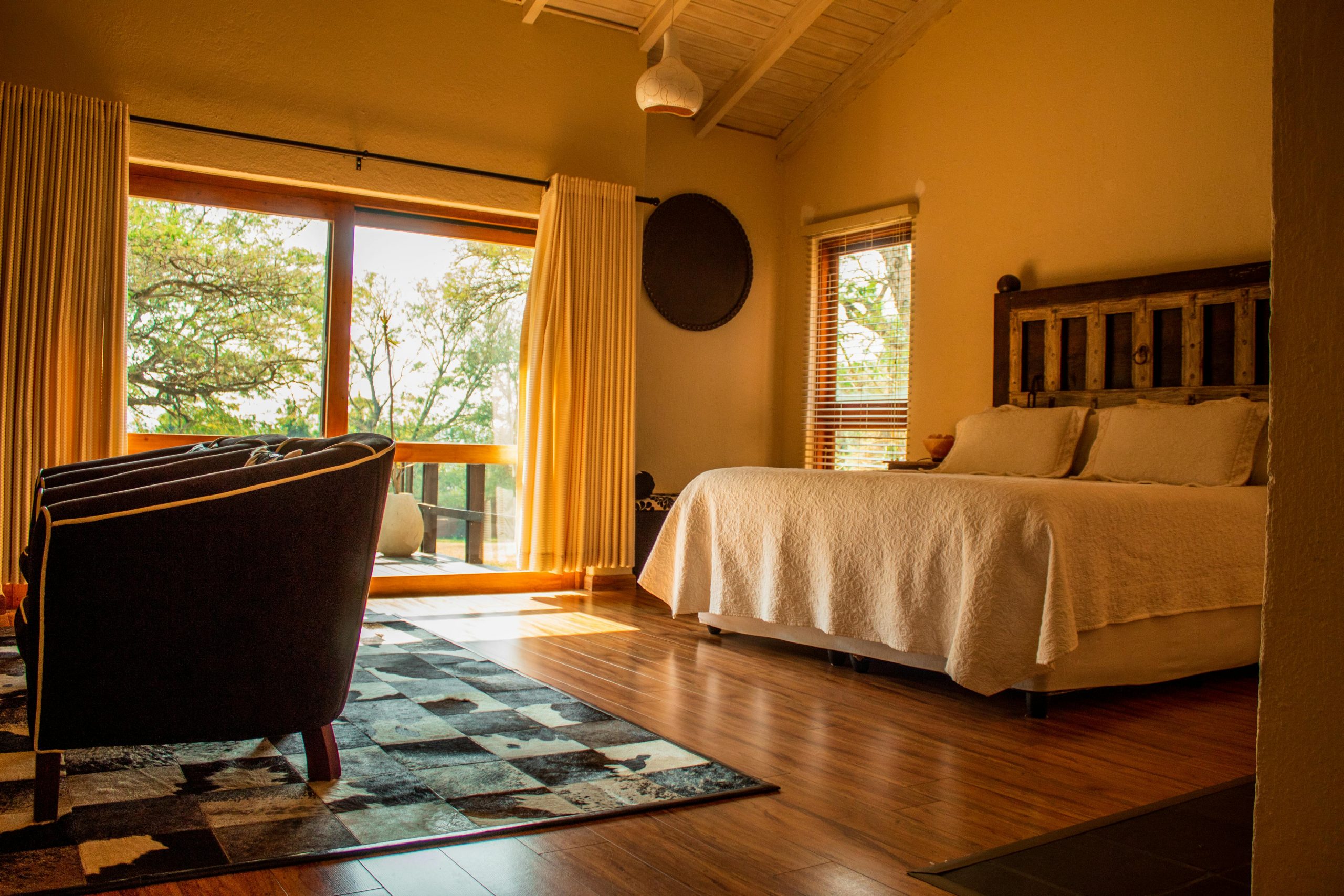
When planning a vacation or business trip, one of the first decisions you’ll make is where to stay. Two of the most popular options are Airbnb and hotels. But which one is cheaper? While Airbnb often markets itself as a budget-friendly alternative to hotels, the answer isn’t always simple. In this guide, we’ll break down the real costs of each option and help you decide which is best for your travel needs.
What Affects the Price of a Stay?
Before we compare prices, it’s important to understand what affects the cost of any accommodation:
- Location: City center stays usually cost more. Rural or suburban areas tend to be cheaper.
- Length of stay: Some places offer discounts for longer stays.
- Time of year: Holidays and peak seasons drive up prices.
- Number of guests: More people mean larger spaces—and higher costs.
- Amenities: Extra features like pools, kitchens, or free breakfast can add value (or cost).
With those factors in mind, let’s look at how Airbnb and hotels stack up.
Airbnb Costs: What to Expect
At first glance, Airbnb often appears cheaper than hotels—especially for larger groups or longer trips. However, it’s important to understand that the total cost includes more than just the nightly rate. While the upfront price might seem low, additional fees can add up quickly and affect your overall budget.
What’s Included in Airbnb Pricing:
- Nightly rate: This is set by the host and can vary significantly based on location, property size, time of year, and demand. Luxury rentals and popular destinations often come with higher rates.
- Cleaning fee: This one-time charge can range from as little as $20 to well over $100 per stay, depending on the host and property size. It’s added regardless of how many nights you stay.
- Service fee: Airbnb charges a guest service fee, usually up to 14% of the subtotal. This fee helps cover platform operations and customer support.
- Taxes: Some cities or states require Airbnb to collect occupancy taxes, just like hotels. These can be 5–15% or more, depending on local laws.
- Extras: You might pay more for things like early check-in, extra guests, use of the hot tub, or pet fees. These optional add-ons can increase the total price quickly.
When Airbnb Is Cheaper:
- You’re staying multiple nights: The longer you stay, the more value you get. Cleaning and service fees are fixed amounts, so spreading them over several nights lowers your nightly cost.
- You’re traveling with a group: Larger properties allow groups to split the cost. A $300-per-night home that sleeps six people could cost each person just $50 per night—often cheaper than booking multiple hotel rooms.
- You need a kitchen: Access to a full kitchen lets you prepare meals, snacks, and coffee at “home,” saving significantly on dining out.
- You’re staying in a residential area: Properties located outside the main tourist zones tend to be less expensive. You might trade some convenience for better pricing, but many travelers find this worthwhile.
While Airbnb can offer significant savings, it’s important to compare the total cost—including all fees and extras—with hotel rates. This gives you a clearer picture of what you’re really paying for your stay.
Hotel Costs: What You Get
Hotels usually offer more predictable pricing compared to Airbnb, especially when booking with well-known chains. While the nightly rate might seem higher at first glance, it often includes services and conveniences that Airbnb listings charge separately. This can make hotels a better value for certain types of travelers, particularly for shorter stays.
What’s Included in Hotel Pricing:
- Nightly rate: This often includes essentials like a comfortable bed, private bathroom, TV, and free Wi-Fi. In many budget and mid-range hotels, this also covers air conditioning and room cleaning.
- Taxes: Hotel taxes are typically listed clearly at the time of booking and are often included in the final price you see at checkout.
- Amenities: Most hotels offer daily housekeeping, fresh towels, shampoo and soap, and access to the front desk for questions or help. Some also include fitness centers, pools, or business centers.
- Extra fees: While the base price covers a lot, you may still be charged for extras like parking, breakfast, use of resort facilities, or bringing a pet. Always double-check these before booking.
When Hotels Are Cheaper:
- You’re staying for a night or two: Hotels don’t charge cleaning fees per stay, so short trips are usually more affordable compared to Airbnbs with flat cleaning rates.
- You book in advance or use loyalty programs: Many chains offer discounts for early bookings, members, or frequent travelers. These savings can add up quickly.
- You don’t need a kitchen: Hotels may provide complimentary breakfast, which can reduce your need to spend on meals.
- You’re traveling solo: A single hotel room is often more budget-friendly than renting an entire apartment or home on Airbnb, especially in central locations.
Hotels also tend to be easier to manage for last-minute plans, business trips, or when you prefer predictable service. For travelers who value convenience, included amenities, and consistent standards, hotels can deliver strong value.
Price Breakdown: Airbnb vs Hotel
Let’s compare the total cost of a typical 3-night stay in a popular city for two adults.
For a 3-night stay:
- Airbnb:
- Nightly rate: $100
- One-time cleaning fee: $60
- Service fee: $42
- Taxes: $25
- Total: $427
- Hotel:
- Nightly rate: $120
- Cleaning fee: $0 (included)
- Service fee: $0
- Taxes: $45
- Total: $405
In this case, the hotel is slightly cheaper—even though its nightly rate is higher—because Airbnb adds extra fees like cleaning and service charges.
For a 7-night stay:
- Airbnb:
- Nightly rate: $100
- One-time cleaning fee: $60
- Service fee: $98
- Taxes: $58
- Total: $858
- Hotel:
- Nightly rate: $120
- Cleaning fee: $0
- Service fee: $0
- Taxes: $105
- Total: $945
For longer trips, Airbnb becomes the more affordable option since the one-time fees are spread out over more nights. This shows that Airbnb can save money on longer stays, but for short visits, hotels might still be the better value.
Airbnb vs Hotel: Value Beyond the Price
When choosing between Airbnb and a hotel, it’s important to consider more than just the cost. The overall value includes convenience, privacy, amenities, location, and house rules. Each option has its own pros and cons depending on your travel needs.
Convenience:
- Hotels offer 24/7 check-in, daily housekeeping, and sometimes room service—making them ideal for travelers who want everything handled.
- Airbnb often uses self-check-in methods like keypads or lockboxes, and the flexibility can be great for longer or more personalized stays.
Privacy:
- Hotels may have thinner walls and shared hallways, which can reduce privacy—especially in busy buildings.
- Airbnb provides more privacy when renting an entire home or apartment, making it feel more like your own space.
Amenities:
- Hotels typically include amenities like pools, gyms, free breakfast, and concierge services.
- Airbnb units often come with full kitchens, laundry machines, private yards, and sometimes allow pets, which can be a big plus for families or long stays.
Location:
- Hotels are usually located in downtown areas or near popular attractions, making them convenient for tourists and business travelers.
- Airbnb properties are often found in residential neighborhoods, which may offer a quieter, more local feel—but could be farther from city centers.
Rules:
- Hotels follow standard policies and procedures, so you usually know what to expect.
- Airbnb hosts set their own rules, which can vary greatly—from check-out times to quiet hours to pet policies—so it’s important to read the listing details carefully.
While price matters, these other factors can significantly affect your travel experience. Whether you’re looking for comfort, flexibility, or a local vibe, understanding the full picture helps you choose the right fit for your trip.
Airbnb vs Hotel: Which Is Better for You?
Choosing between Airbnb and a hotel depends on your travel needs. Here’s a quick guide to help you decide:
- Solo traveler: A hotel is often the better choice thanks to convenience, safety, and on-site staff.
- Long stay: Airbnb typically offers better value, especially with amenities like kitchens and laundry.
- Large group: Airbnb can be more cost-effective and spacious for families or friend groups.
- Short trip: Hotels are usually more practical for quick visits due to easy check-in and daily cleaning.
- Business travel: Hotels are ideal for work trips because of reliable internet, business centers, and predictable services.
- Traveling with kids or pets: Airbnb often provides more space and flexibility for families and pet owners.
- Want a local vibe or unique home: Airbnb shines if you’re looking for a one-of-a-kind stay with a personal touch.
- Need full service: Hotels are better if you want amenities like room service, concierge help, and daily housekeeping.
This breakdown helps you match your travel style with the right type of stay.
Hidden Costs to Watch Out For
Whether you choose a hotel or an Airbnb, make sure to look out for these extra costs:
Airbnb:
- High cleaning fees
- Host cancellation policies
- Security deposits
- Utility caps or extra guest charges
Hotel:
- Resort fees
- Parking fees
- Breakfast or mini-bar charges
- Wi-Fi (in some budget hotels)
These hidden costs can make a big difference in what you actually pay.
Final Verdict: Are Airbnbs Cheaper Than Hotels?
Yes—and no. It depends on how long you’re staying, how many people are in your group, and what kind of experience you want.
- For short stays or solo trips, hotels often come out cheaper and easier.
- For longer stays or group travel, Airbnb can save you money and give you more space.
- Airbnb vs hotel isn’t just about money—it’s also about comfort, style, and what makes your trip feel right.
Conclusion
If you’re choosing between Airbnb and a hotel, don’t just look at the nightly rate. Factor in all the extra fees, your travel needs, and the overall experience. Sometimes, saving money means giving up hotel perks. Other times, paying a bit more means getting a better location or more services. The best choice? The one that fits your trip, your budget, and your comfort.
Whether you’re planning a quick city break or a long vacation with friends, now you can book smarter and avoid surprises. Happy travels!


